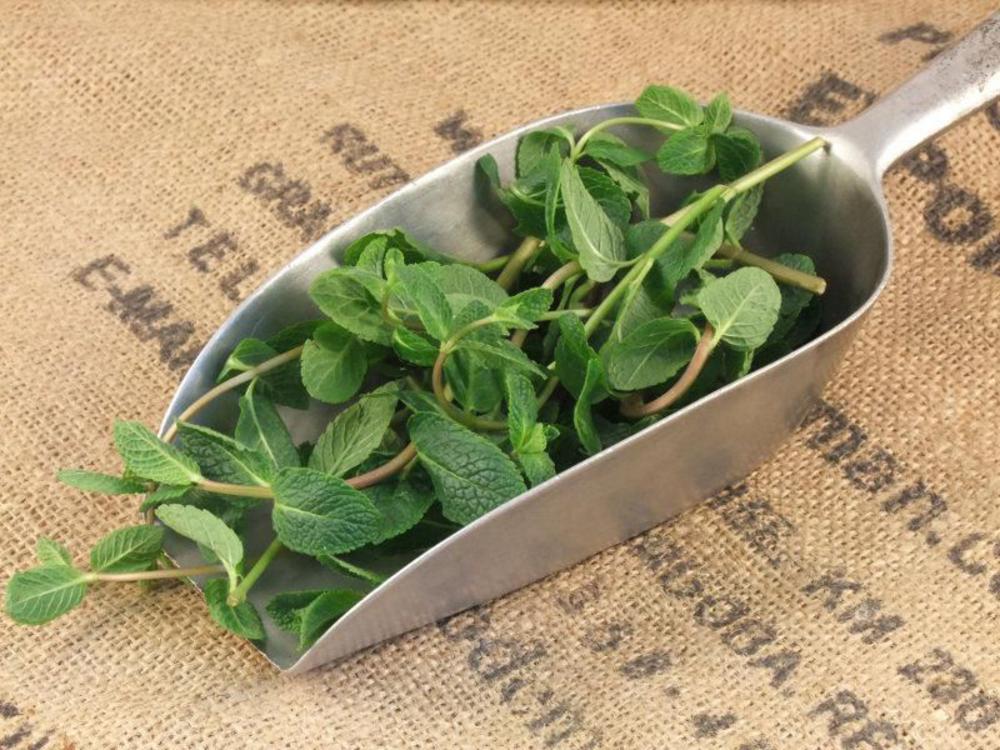 Two key issues result in halitosis: poor oral hygiene and poor gastrointestinal health. In both cases the culprits are largely bacteria; inside the mouth or also in your digestive tract.
Two key issues result in halitosis: poor oral hygiene and poor gastrointestinal health. In both cases the culprits are largely bacteria; inside the mouth or also in your digestive tract.
If you suffer from bad breath make sure you are eating a healthy diet and getting your 5 - a - day of fresh fruit and vegetables. Make sure your teeth cleaning routine is thorough and covers all the areas of your mouth where bacteria are likely to congregate - in particular between your teeth.
If you are still looking for help then try these simple remedies:
1. Chew on this. Move over parsley, there are some new halitosis-fighting herbs in town. Coriander, spearmint, tarragon, eucalyptus, rosemary and cardamom are all good for fighting bad breath. You can chew on fresh herbs or sip on herbal teas. These herbs make an excellent digestive as well—doubling the benefits of ending a meal this way.
2. Get some active culture. No, not Cirque du Soleil, but a pro-biotic. A recent study found that a serving of live yogurt each day reduces the level of odor-causing hydrogen sulfide in the mouth. Apparently it also cuts back on bacteria in the mouth—plaque and gum disease were reduced in the study’s yogurt eaters as well. Be sure to get yogurt with active cultures—not overly processed or sugar-added varieties. Or you may like to use a supplement instead.
3. Crunchy types. Apples, carrots, celery—basically any fiber-rich fruit or vegetable is your friend when it comes to fighting halitosis. Inside your mouth, plaque build-up causes odors. Eating foods that increase saliva production keeps the mouth moist—and rinsed out; so follow a meal with a Granny Smith (feel the saliva kick in at the mention of it?) to cleanse the mouth.
4. Masking techniques. Sugarless gum shouldn’t replace brushing your teeth after a meal, but in a pinch it can freshen breath (masking odors) and is another way to increase saliva production to rinse away plaque and bacteria. Sugar creates plaque, so make sure you use only the sugar-free varieties.
5. High C’s. Eating berries, citrus fruits, melons and other vitamin C-rich foods create an inhospitable environment for bacteria growth. A diet rich in vitamin C is also is important for preventing gum disease and gingivitis—both major causes of halitosis.